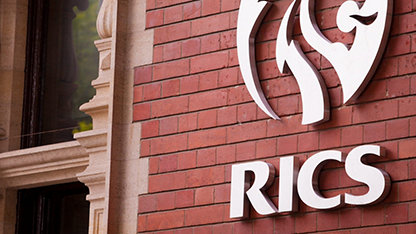In April 2024, we submitted our pledge for the EU Transition Pathways for construction. We have committed to work on two action areas: address the pressing need to reduce carbon footprints but also navigate the transformative impact of Artificial Intelligence (AI) within the sector (Block 3: enabling framework).
The Transition pathways serve as a strategic approach to guide the green and digital transformation of European industrial ecosystems, aligning with the updated EU Industrial Strategy. These pathways provide actionable plans for each sector to navigate the shift towards a more sustainable, innovative, and resilient economy. By outlining concrete steps and priorities, these pathways enable businesses and stakeholders to adapt their models and practices in line with sustainability goals.
Following the publication of the Transition Pathway for Construction on March 15 2023, the Commission launched a Call for pledges to stakeholders. The European Commission’s aim of this initiative is to collect concrete pledges from stakeholders towards achieving shared action areas identified in the Transition Pathway. By doing so, we demonstrate our commitment to work together towards the twin transition of the ecosystem.
The collected pledges will contribute to the co-implementation of the Transition Pathway. The Commission will work together with the stakeholders to support them in implementing their pledges, facilitate exchanges of knowledge and best practices”.
Our Commitment:
At the forefront of RICS' initiatives is the development and promotion of the Whole Life Carbon Assessment (WLCA) standard.
This standard, designed to comprehensively measure carbon footprints throughout the lifecycle of built assets, signifies a holistic approach towards carbon emissions management. Covering all buildings and infrastructure, the RICS WLCA standard offers a reliable and comparable process for WLCA, ensuring consistent results. It expands on existing life cycle modules to cover carbon emissions sources more comprehensively. When integrated into various asset lifecycle stages, it serves as a core decision-making tool. Aligned with global cost management frameworks and carbon management practices, it provides a holistic method for optimizing carbon performance.
RICS aims to promote the adoption of WLCA among professionals and stakeholders, advocating for harmonized methodologies globally. Supporting documents such as the Global Harmonization Framework and WLCA Client Guide reinforce the commitment towards standardization and capacity building.
Simultaneously, RICS acknowledges the transformative potential of AI and its impact on the sector. In response, RICS has committed to understanding and mitigating the implications of AI adoption. Through sector-wide surveys and the development of comprehensive guidance, RICS aims to equip its members and the industry with the tools needed to navigate the evolving technological landscape. Addressing concerns related to data quality, transparency, and liability, we want to pay the way for responsible AI use within the built environment.













